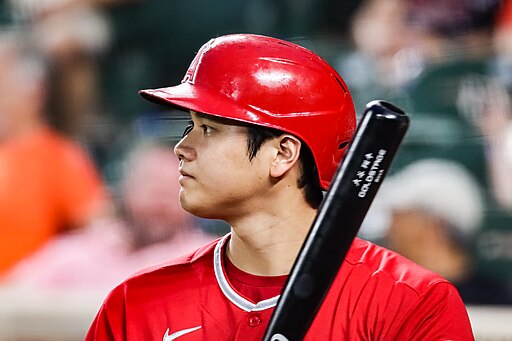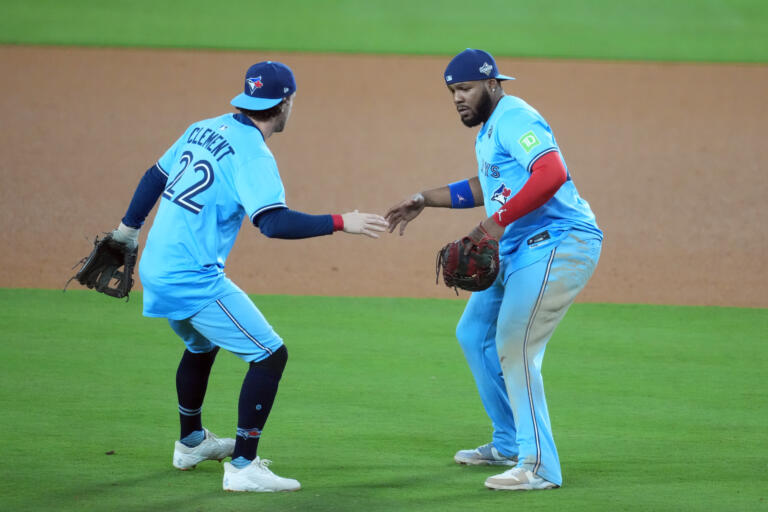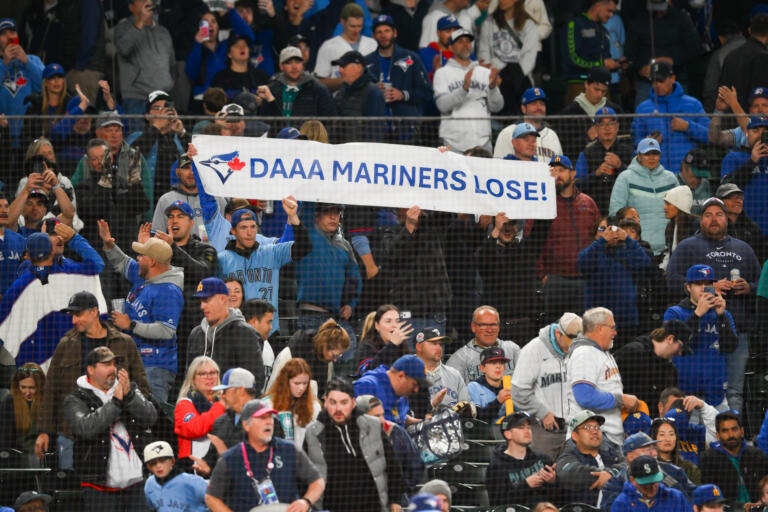What happens when the spotlight of fame casts shadows far beyond the glare of stadium lights? This question hangs heavily over the sports world with the recent revelations surrounding Shohei Ohtani, the Los Angeles Dodgers’ luminary. The saga unfolded with Ohtani’s legal team declaring a “massive theft” involving the player’s former translator, a twist no one saw coming. Despite repeated inquiries from ESPN, the details of the allegations and the identities of the authorities involved remain as elusive as a fastball in the ninth.
Navigating the murky waters of such allegations can feel like trying to hit a curveball in the dark. The situation is layered, complex, and fraught with more questions than answers. For fans, it’s not just about the shock of the accusation but the bewilderment of seeing a beloved player embroiled in controversy. It’s a stark reminder that athletes, despite their superhuman abilities on the field, face very human challenges off it.
The silence from Ohtani’s camp since the initial statement adds to the intrigue. In a game where strategy is everything, this move could be seen as a calculated play, keeping their cards close to the vest while the legal process unfolds. It’s akin to a pitcher holding off on their best pitch until the moment is just right, a strategy familiar to fans but frustrating for those eagerly seeking the truth.
However, this situation transcends the individual. It casts a light on the intricate and often invisible support system surrounding star athletes—the translators, agents, managers, and more who navigate the complexities of international fame. Like a well-oiled machine, every part must function seamlessly, and when a cog in this system goes awry, the repercussions ripple far and wide.
As this story develops, the broader implications for player support networks and the safeguarding of athletes’ interests come into sharp focus. It prompts a reconsideration of the relationships and trust we often take for granted in the high-stakes world of professional sports. Furthermore, it underscores the vulnerabilities of those living in the limelight, reminding us that behind every headline is a person navigating through challenges both on and off the field.
In wrapping up, Shohei Ohtani’s case stands as a poignant narrative in the annals of sports, a reminder of the complexities that lie beneath the surface of fame. As we await further developments, one can’t help but ponder the implications for the future. How will this shape the protective measures for athletes against exploitation? Only time will tell, but one thing is certain: the sports world will be watching closely, hoping for a resolution that brings justice to light and reinforces the integrity of the relationships that are so crucial to an athlete’s success.








